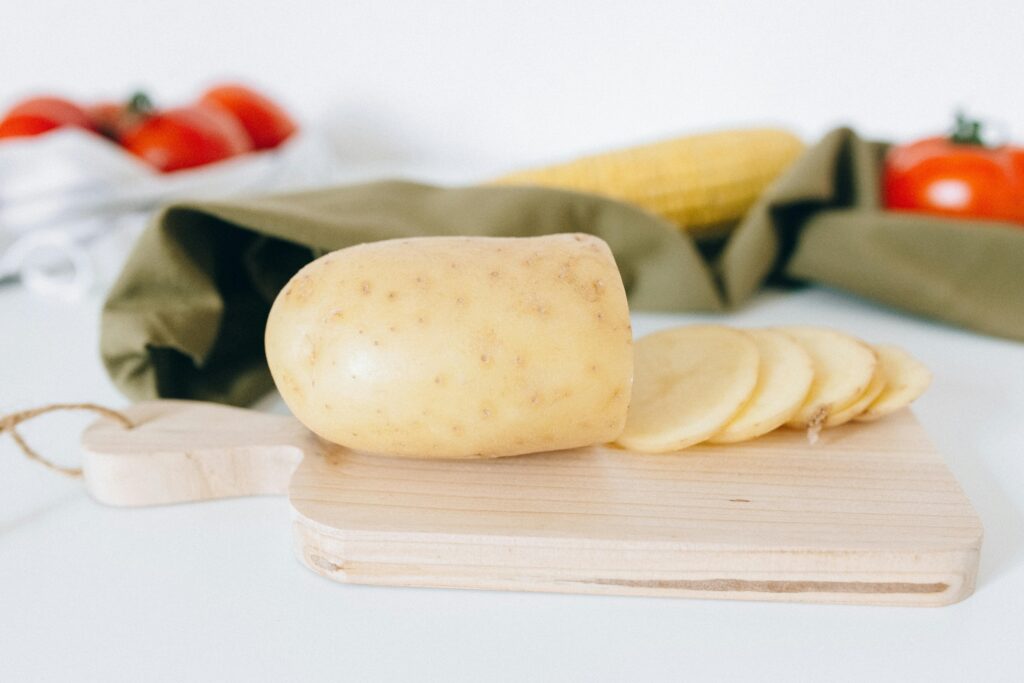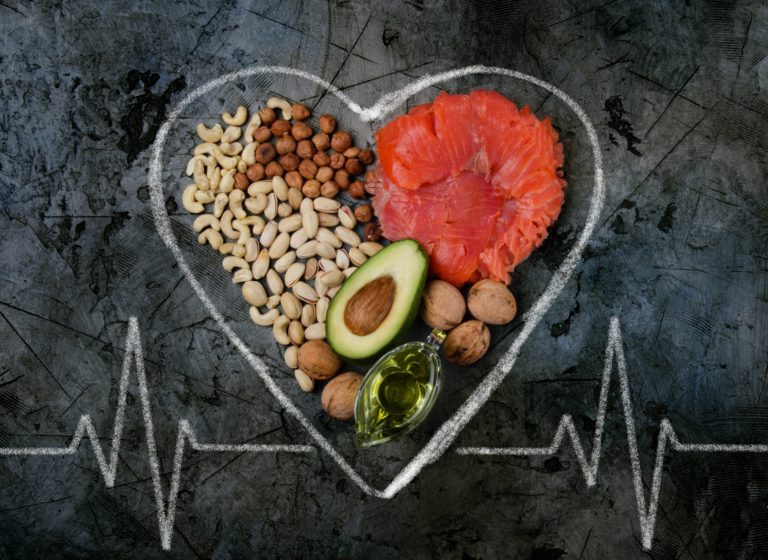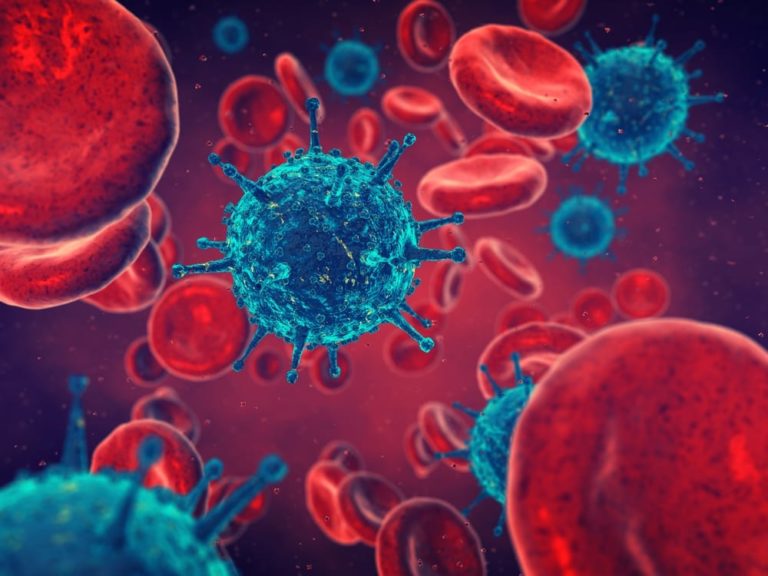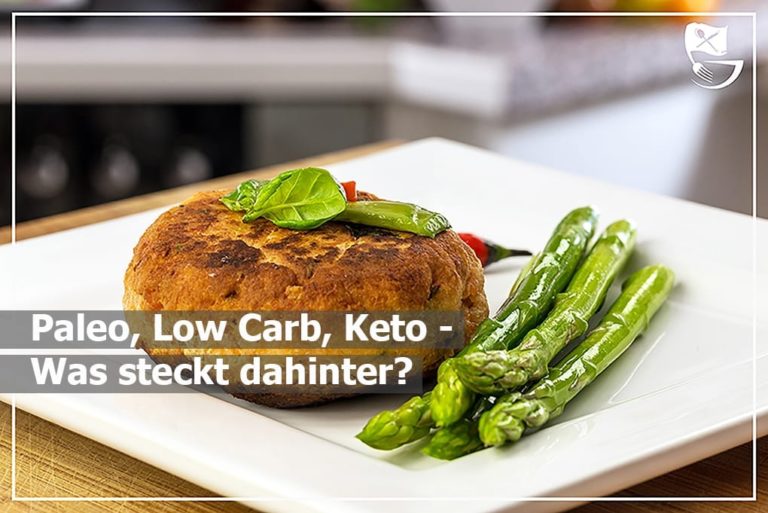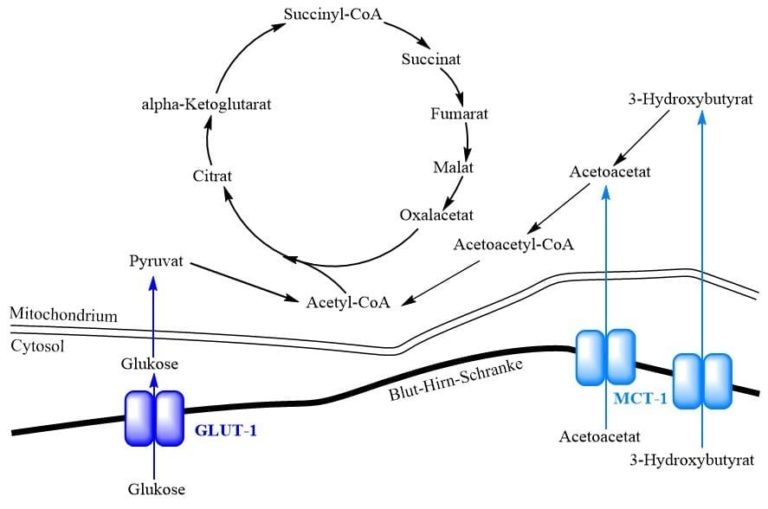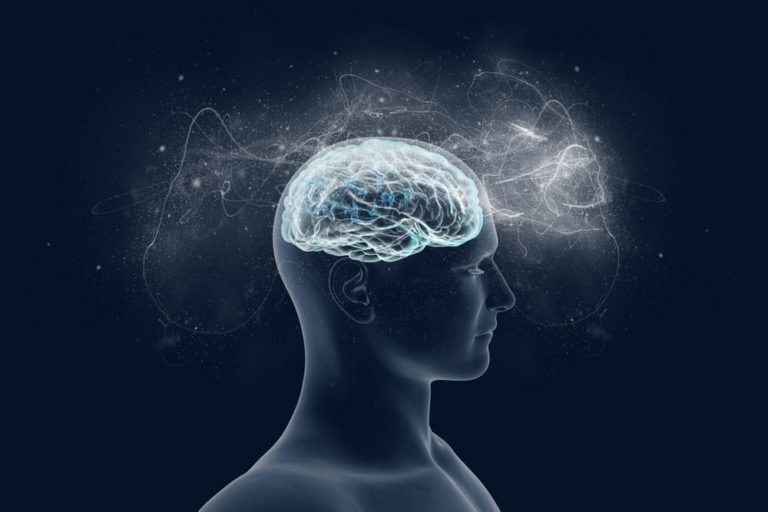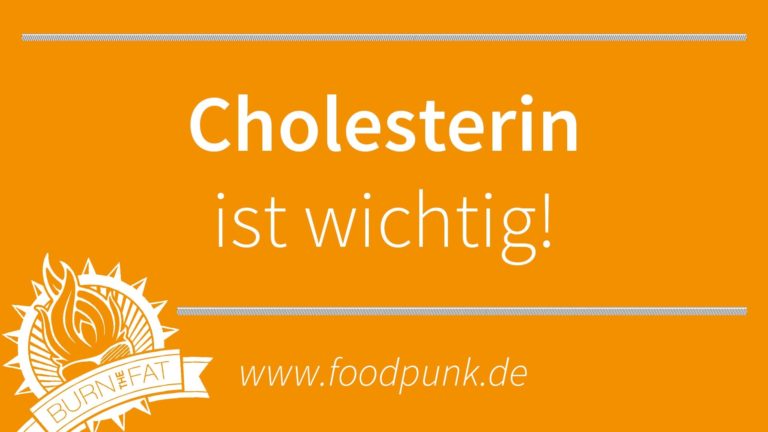Cold potatoes have fewer calories than hot? Excuse me? Exactly! The key is the so-called resistant starch.
Potatoes contain starch in the form of amylose and amylopectin. The body can break these down quite well with the help of enzymes into their individual parts, the glucose molecules, in order to make the carbohydrates available to the body.
Now the resistant strength comes into play.
If potatoes are cooked and then cooled for some time, some of the structure of the starch changes – into the form of resistant starch. As the name suggests, we do not have enzymes that can break down resistant starch. It is not available to us and is treated by the digestive tract like dietary fiber.
Exactly how much resistant starch is produced depends entirely on the method of preparation. In one study, the following values were determined:
Baked potatoes: 3.6 g / 100 g
Cooked potatoes: 2.4 g / 100 g
Cooled potatoes (after baking or cooking): 4.3 g / 100 g
Cooled and reheated potatoes: 3.5 g / 100 g
The difference from normally cooked to subsequently cooled potatoes is therefore about 2 g of resistant starch per 100 g. Assuming that 100 g of potatoes contain about 15 g of carbohydrates, cooling reduces the amount of carbohydrates (and calories) by more than 10%.
Action-Step: If it’s potatoes you want on your plate, it’s worth letting them cool down first. The resistant starch reduces the carbohydrate content and has a positive effect on the intestinal flora as a dietary fiber.
